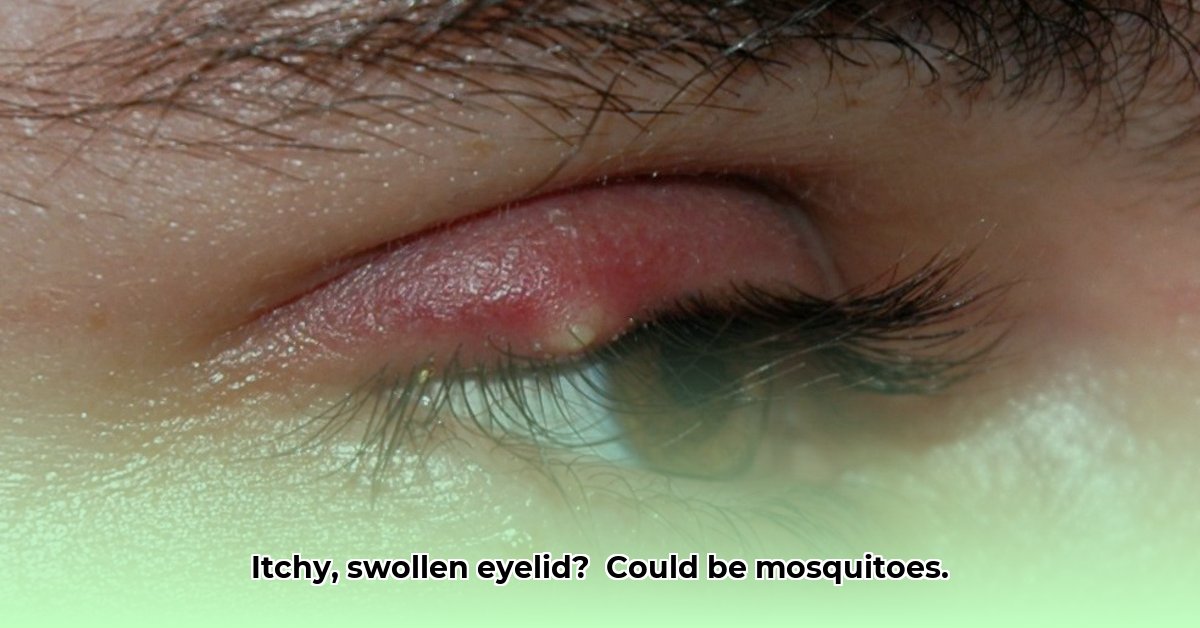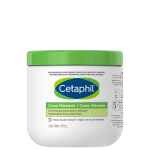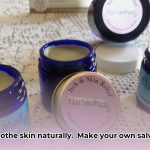A mosquito bite on your eyelid can be particularly irritating due to the thin, sensitive skin in this area. This guide provides clear, actionable steps to help you identify, treat, and prevent mosquito bites on your eyelids.
Identifying the Culprit: Is It Really a Mosquito Bite?
Before diving into treatment, it’s essential to ensure the swelling is indeed caused by a mosquito bite and not another condition. Eyelid swelling can also result from styes, chalazions, or allergic reactions. Here’s a helpful table to differentiate:
| Feature | Mosquito Bite | Stye | Chalazion | Allergies |
|---|---|---|---|---|
| Appearance | Small, red bump; possible blister | Red, tender bump near eyelash; often with a yellowish head | Hard, painless lump under eyelid skin | Puffy, swollen eyelids (often both) |
| Sensation | Itching, mild soreness | Pain, tenderness | Pressure, sometimes tenderness | Itching, watering, burning |
| Location | Anywhere on the eyelid | Usually near edge of eyelid | Inside the eyelid, away from edge | Usually both eyelids |
Consider your recent activities. Were you outdoors where mosquitoes are likely present? Have you been frequently touching your eyes? Do you experience eye irritation due to allergies? These clues can help determine the cause.
Treating a Mosquito Bite on Your Eyelid: A Step-by-Step Guide
If you suspect a mosquito bite, follow these steps:
Step 1: Cleanse the Affected Area
Gently wash the eyelid with cool water and a mild soap. Eyelid wipes are also a suitable option. Avoid harsh rubbing, which can further irritate the delicate skin.
Step 2: Apply a Cold Compress
A cold compress can significantly reduce swelling and itching. Soak a clean washcloth in cold water, wring it out, and gently hold it against your closed eyelid for 10-15 minutes. Repeat several times a day as needed. A chilled spoon or a bag of frozen peas wrapped in a thin towel can also serve as a cold compress. Avoid applying ice directly to the skin.
Step 3: Consider Over-the-Counter (OTC) Medication
Oral antihistamines can help alleviate itching. Consult a pharmacist before using any eye drops, as some may contain vasoconstrictors, which could worsen swelling. Topical antihistamine creams are generally not recommended for the delicate eyelid skin unless specifically advised by a doctor. Over-the-counter pain relievers such as ibuprofen or acetaminophen can help with any discomfort.
Step 4: Avoid Scratching
Scratching, although tempting, can introduce bacteria and increase the risk of infection. If the itching is intense, reapply the cold compress.
Home Remedies: Proceed with Caution
While some people find relief from home remedies like aloe vera gel, scientific evidence supporting their efficacy for eyelid mosquito bites is limited. If you choose to try a home remedy, ensure it does not come into contact with your eye.
When to See a Doctor
While most mosquito bites on the eyelid resolve within a few days, it’s important to seek medical attention if:
- Swelling is severe, spreads, or hinders vision.
- You experience pain, vision changes, or signs of infection (pus, increased redness, warmth).
- Symptoms worsen or don’t improve within a few days.
- You’re uncertain about the cause of the swelling.
Preventing Mosquito Bites on Your Eyelids
Preventing mosquito bites is the best way to avoid discomfort. Here are some effective preventive measures:
Use Insect Repellent
Apply an EPA-registered insect repellent, being extremely cautious to avoid contact with your eyes. Apply the repellent to your face, avoiding the eye area entirely, or apply to your hands first and then carefully dab around your eye sockets. Prioritize repellents containing DEET, picaridin, or oil of lemon eucalyptus.
Environmental Control
Eliminate mosquito breeding grounds by removing standing water sources around your home. This includes emptying birdbaths, clearing clogged gutters, and covering any containers that may collect water.
Protective Clothing
When in mosquito-prone areas, wear long-sleeved shirts, long pants, and consider using mosquito netting. Wearing a wide-brimmed hat can also help protect the face from mosquito bites.
Frequently Asked Questions (FAQs)
Q: How long does swelling from an eyelid mosquito bite typically last?
A: Swelling usually subsides within a few days, but the duration can vary depending on individual reactions and bite severity.
Q: What are the signs of an infected mosquito bite?
A: Look for increased redness, warmth, pain, and pus. If you observe any of these signs, seek medical attention promptly.
Disclaimer: This information is for educational purposes only and does not constitute medical advice. Always consult with a qualified healthcare professional for any health concerns or before making any decisions related to your health or treatment.
- Boost Your Day: The Ultimate Morning Routine Drink Guide - October 30, 2025
- Unlock Your Potential: Pictures of Personal Growth for Lasting Change - October 28, 2025
- Personal Growth Tattoo Ideas: Discover Your Perfect Symbol - October 26, 2025
















